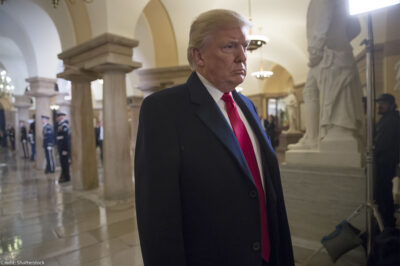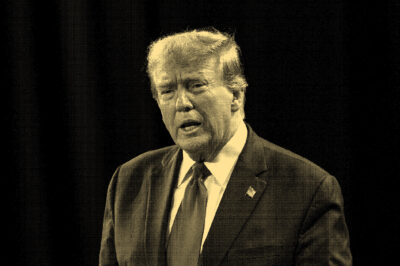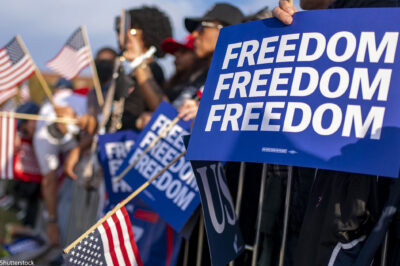Racial disparities in the criminal justice system have an undeniable impact on our political landscape. The 9th Circuit Court of Appeals considered the nature of that impact when it recently heard arguments in Farrakhan v. Gregoire, which challenges the legality of Washington State’s felony disfranchisement law.
In Washington State, people with felony convictions are barred from voting until they are released from state supervision. Because of significant racial discrimination in Washington’s criminal justice system, a disproportionate number of black, Latino and Native American Washingtonians are denied the right to vote.
In Farrakhan v. Gregoire, the NAACP Legal Defense and Educational Fund argued that the racial bias inherent in Washington’s criminal justice system interacts with the state’s felon disfranchisement law resulting in the dilution of minority voting strength. This dilution violates Section 2 of the Voting Rights Act (VRA), which prohibits any voting practice or procedure that results in discrimination on account of race.
As the ACLU argued in an amicus brief, a voting practice that has a disparate impact on minority voting violates the VRA when the evidence shows that the impact is due to race discrimination and not to other nonracial factors. There is significant evidence that race discrimination is infused throughout Washington’s criminal justice system, and that disparities in everything from arrest to imprisonment rates cannot be explained by other factors.
For example, research has shown:
The Seattle Police Department [] arrested African Americans and Latinos for drug possession at rates much higher than their proportion among users. Whites, on the other hand, were arrested for drug possession at rates much lower than their proportion among users.
And:
African Americans in Washington State were over nine times more likely to be in prison than Whites, even though the ratio of Black to White arrest for violent offenses was only 3.72:1.
Based on this and other evidence, a three judge panel of the 9th Circuit ruled back in January that Washington’s disfranchisement law does in fact violate Section 2 of the VRA. However, in response to pressure to conform its decision with other circuit courts which have rejected similar claims, the entire 9th Circuit is now reconsidering that ruling en banc (as a whole).
The negative impact of Washington’s felony disfranchisement law on minority communities is representative of what it happening in places all over the country. Across America, more than 5 million Americans are denied the vote because of criminal convictions and 4 million of those are in our communities, working, raising families, but are denied their political voice. Moreover, over 1.4 million of our disfranchised citizens are African-American.
Regardless of the legal outcome in Farrakhan, it is time for the nation to take action to address these unfair barriers to the right to vote. Congress should pass the Democracy Restoration Act, a bill that would restore voting rights in federal elections to the nearly 4 million Americans who have been released from prison and are living in the community. This bill would create a uniform standard across the country in federal elections, and strengthen our democracy by creating a broader and more just base of voter participation.
The time has come to uphold our nation’s democratic principles, and let all Americans exercise their fundamental right to vote.





